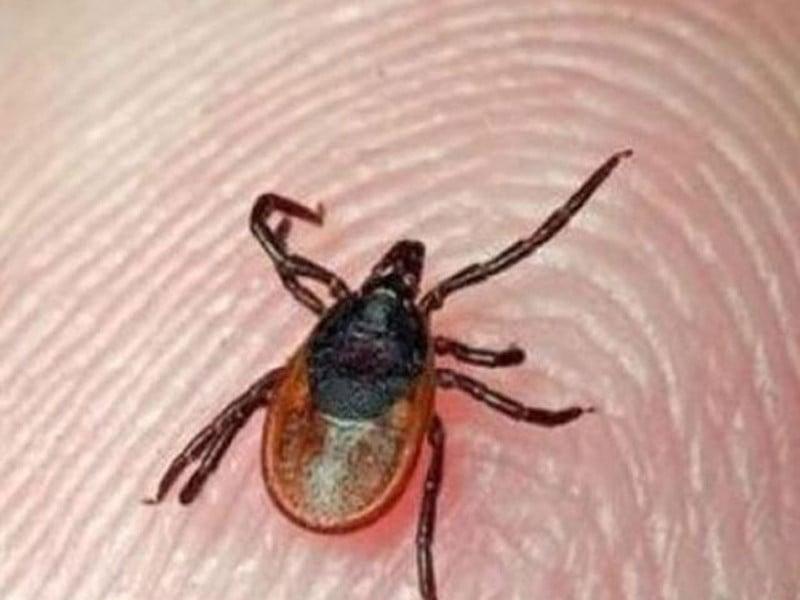Pakistan recorded three deaths by Congo virus on Thursday, with two deaths reported in Khyber-Pakhtunkhwa (KP) and one in Karachi, Express News reported.
The last victim of the Sindh was a 25 -year -old fisherman from Ibrahim Hyderi, while the KP toll includes Karak and Northern Waziristan patients.
According to health officials, Muhammad Zubair, a resident of the District of Malir, first presented symptoms such as high fever, muscle pain, abdominal discomfort, cough, diarrhea, bleeding and loss of consciousness on June 16.
He was admitted to Jinnah hospital, where doctors suspected infection by the Congo virus. Due to the lack of specialized treatment facilities, he was transferred to the Sindh infectious disease hospital, where he died at 7 a.m. on June 19.
Learn more: Sindh reports the death of the first Congo virus in 2025
The Sindh health service quickly sent a research and active response team to the affected area. Contact tracing efforts have been made, all people who had close contact with the deceased identified and monitored.
So far, no other cases has been reported. Local residents and the victim’s family was advised to follow strict precautionary measures to prevent additional spread.
This death follows the first death reported by the virus province earlier this year, when a 42 -year -old man in the District of Malir was admitted to the Indus hospital in Korangi on June 16 and died the next day.
In KP, two patients with Congo viruses of Karak and Northern Waziristan districts died in Hayatabad Medical Complex. These deaths have increased the number of provincial deaths to three.
Also read: Two patients from the Congo virus hospitalized at the Hayatabad medical complex in Peshawar
Meanwhile, three additional patients infected with the virus are currently receiving treatment in the hospital. Health Advisor Ehtesham Ali said that tracing and contact disinfection operations were launched at the deceased and infected home.
He added that an opinion concerning the Congo virus had been distributed to all hospitals in Pakistan before Eidul Azha, as the increase in movement and the slaughter of sacrificial animals catch the risk of transmission.
The Congo virus is a serious viral disease transmitted mainly by tick stings or contact with the blood and tissues of infected animals, especially during and immediately after slaughter.
The World Health Organization (WHO) reports a death rate of 10 to 40%, without vaccine currently available. In April, the National Institute of Health (NIH) published an opinion urging preventive measures before Eidul Azha, when the Movement of sacrificial animals increases.




